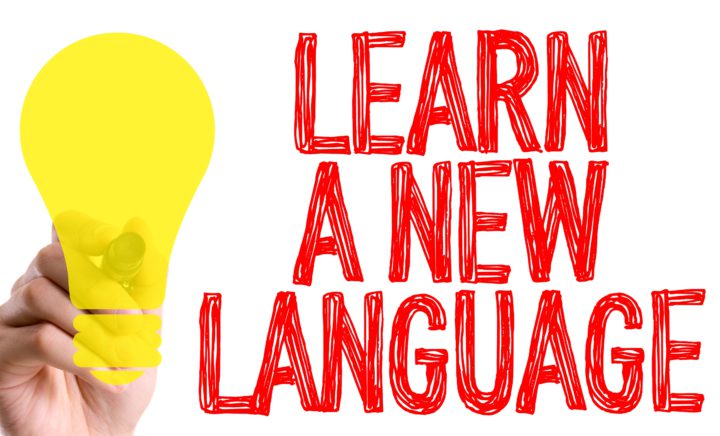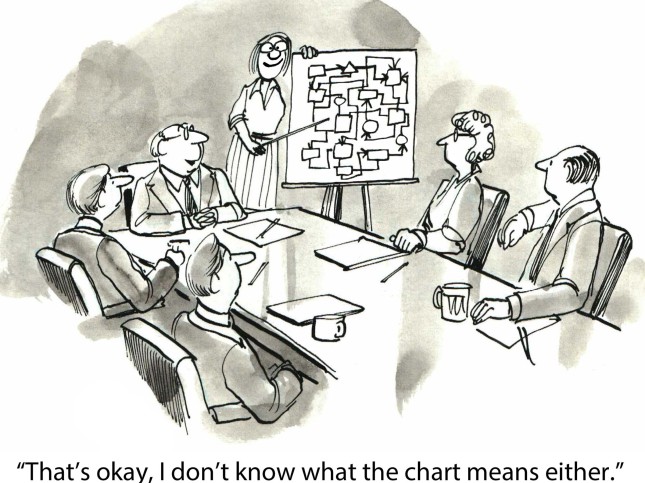You Get Sent to Who You Sound Like
Are you planning an overseas vacation this summer? If so, have you picked up a phrase book to learn a few useful phrases?
We Americans are probably the least likely to do so. When we visit a foreign country, we expect that everyone else will speak English, and very few of us make the effort to pick up even a few words. We find that it generally works OK as long as we stick to the crowded tourist spots where the locals have learned English so that they can sell things to us. So, we take the path of least resistance and miss out on so much of the country.
But if you do venture out to areas where English is less common, at some point you’ll probably have to communicate with someone who does not speak your language. You’ll notice that you speak louder and slower, as if shouting will get the meaning across the language barrier. What happens instead is that both sides get confused and annoyed, and communication fails. In the end the other person either walks away or if they are polite, they direct you to someone who speaks your language.
While this can make for a humorous scene in a comedy, unfortunately it’s all too common and far more serious when it happens in a sales call—except that usually the language barrier is not between English and Spanish or French, but across different “languages” that salespeople and customers speak.
Most salespeople speak the language they are most comfortable with—it’s called “product-speak”. This is natural, because they know their product better than anything else, they’re well-trained in its vocabulary, and it’s the language they speak with each other when they talk shop. So, when they venture out into a new prospect’s decision process, they expect that everyone else will speak the same language. If they find someone who understands the language, they stay in their comfort zone.
The problem with staying here is that they miss out on so much potential value, and they jostle with every other competitor who is also spending time here. The bolder salespeople venture outside the comfort zone where the real value is—but if they go unequipped to speak the language, it’s not much better than staying put. When they begin spouting product-speak at senior decision-making levels, they run the risk of a communication fail, and end up getting sent back to the “appropriate” level. As the old saying goes: in sales, you get sent to who you sound like.
The ones who venture out successfully are the ones who make the effort to learn and speak the local language. Depending on the level, the right language is either process-speak or business-speak.
Process-speak means understanding the nuts and bolts of the actual business processes or operations that your customer uses to add value to their customers, and which your solution impacts. It requires an intimate understanding of the inputs, steps, operations, and outputs. Can you help your customer make their processes faster, cheaper, better, or more reliable? Can you express those improvements in measurable terms? If so, you have the language skill to succeed at this level, and it’s usually higher and more influential than the product level. In some ways, process-speak is the hardest language to master, because every industry is different and has its own specialized processes.
Of course, some processes are complex enough that you will always benefit from having a sales engineer to translate, but it’s always useful to know enough so that you know what you don’t know.
Business-speak is spoken at the highest levels in the decision process. It’s the most intimidating for product-speak salespeople, but it’s actually easier to learn, because all businesses use a common financial language. It’s not that difficult to learn: once you pick up the terminology of financial statements, most of it is simply basic arithmetic. The first step is to get a copy of your customer’s latest annual report. You can get an excellent basic education from reading the Management’s Discussion of Financial Results section. If you get stuck on some of the terminology and concepts, I would highly recommend my own book, Bottom-Line Selling, which explains what they mean in SO WHAT sales terms.
There’s a big difference between a tourist and a traveler. The tourist flies in for a few days, a week or two at most—and spends time only where everyone else is and just skims the surface of the experience of being in that country. A traveler stays longer, ranges wider, and invests time and effort to read about the history and culture of the destination, as well as to master a few words and phrases. Tourists expect others to adapt to them, travelers adapt to others, and they know that making the effort conveys respect and opens more doors than a sense of language entitlement.
If you are going to have long term success in high-end complex B2B sales, there is no alternative to becoming fluent in more than one language.




